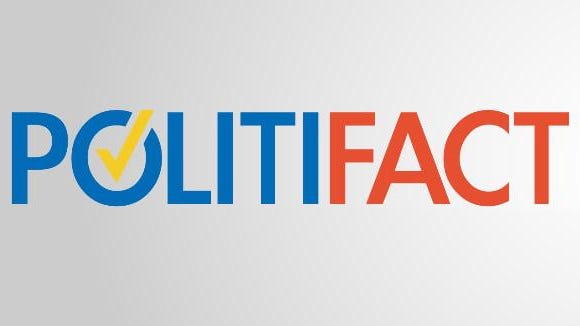Cute Anime Girl
...they do try. Getting money out is changing the rules. The Democrats want to stop the retardation that is the partisan appointment of SC judges, for example. What other rule of the game can they try to change? And more importantly, how do you suggest they change it?The current rules give them a disadvantage, why wouldn't they try to change that?
This is super exaggerated. Most European democracies, for example, are already incredibly transparent, with anecdotal scandals happening from time to time. Having said that, yeah sure, money is power. But if it's not money, people just find other **** to leverage over each other. In prisons, people trade in favours. In little online echo-chambers, your currency is social credit. Best you can do is ensure that the ''transactions'' in whatever form they take place, are known, understood and well-reasoned.But even if successful that would still not change the fact that the wealthy still have much more power to influence politics than regular people, and thus generally get what they want. Even in less dysfunctional democracies, that's still the case.
And again, even if I 100% agree with you, instead of mere virtue signalling, what are we supposed to do?
Sorry, I don't know where sarcasm begins and ends because you get very basic things wrong. I don't know if you think that insuring 32 million people is a fluke. Or ensuring gay right or aggressively prosecuting the worst polluters, improving food safety, expanding protections for vulnerable groups, ending torture ****, increase help for veterans, etc.Of course, I'm not saying he means anything he says. I'm sure the most progressive platform in history, speaking of things that don't mean anything is legit though, and isn't already too little waiting to be watered down. It was a shame what happened after his friend Barack Obama's 8 years in
office even if it was a total fluke.
I know you terminally online leftists think you can go ape**** dictatorial without having to ''water down'' your beliefs, but politics is compromise. Half of the people in the US don't like progressivism, a lot of them are marginalized. You want to let the proletariat do a civil war and massacre each other while you sit in your room philosophizing, then just be honest and say it.
Last edited:














